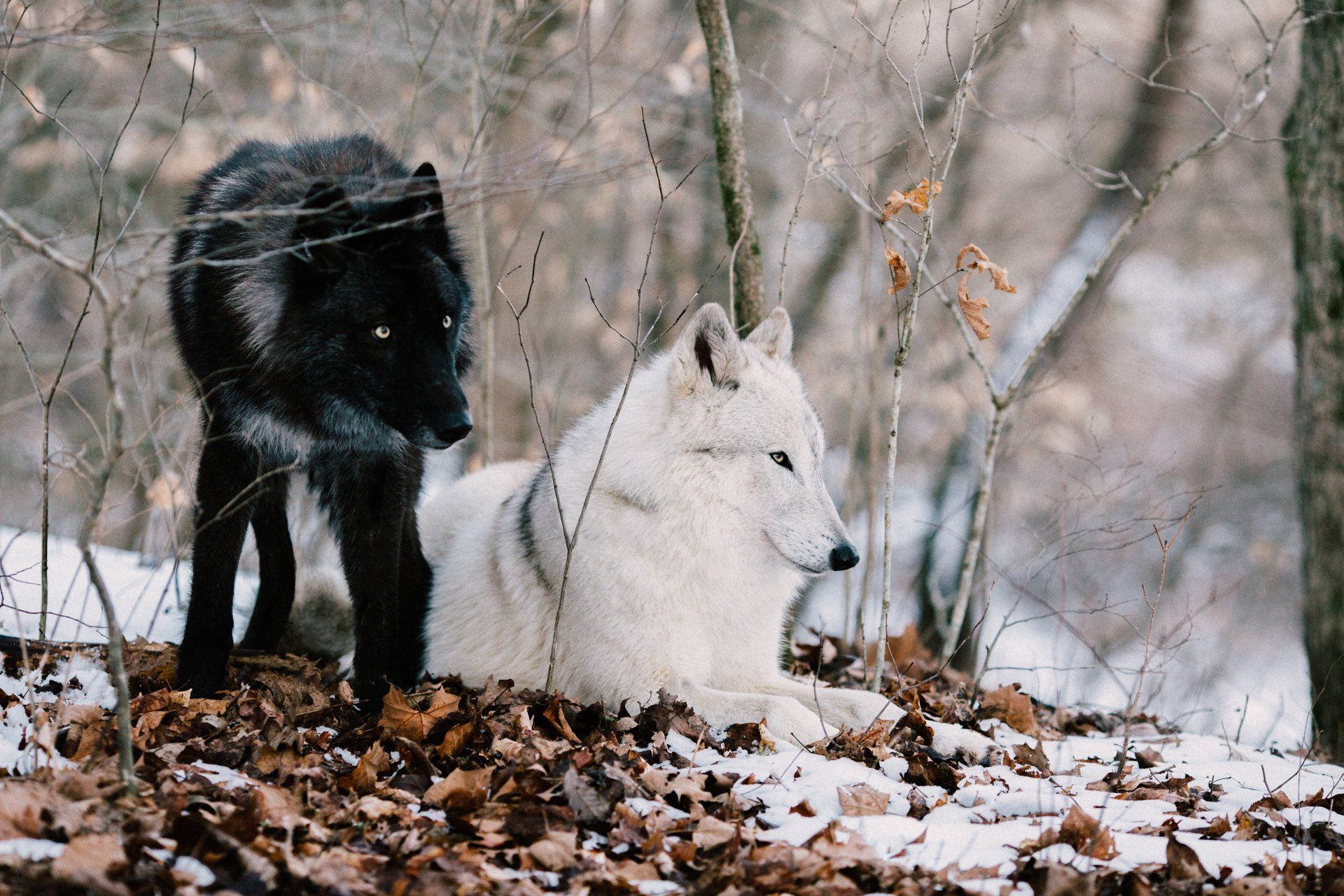Call Us +1-415-488-7734
100% Human-grade ingredients.
Human grade dog food is a term used to describe food that
is edible for both humans and dogs. It is important to note
that in order for a food to be considered “human-edible”, not
only must all ingredients be fit for human consumption, the
product must also be manufactured in a “human-edible” facility
and packaged according to set regulations. Only Fur Paws
meets all standards, requirements. The composition of the
food meets or exceeds the AAFCO recommendations of
each essential nutrient.
Proper balance of nutrients is essential when feeding your dog
Dogs Are Not Wolves
Proponents of raw diets for dogs point out that dogs are biologically similar to carnivorous wolves and claim that the benefits of this type of diet include healthier skin, coat and teeth, more energy and smaller stools, according to PetMD. However, there is very little scientific evidence to support these claims. In fact, most of the scientific research on raw meat diets for dogs shows that they could do more harm than good. It's a fairly common belief that because dogs are descended from wolves, they should eat a diet similar to that of their wild ancestors. Because wolves are carnivores —meaning that they solely eat meat — it's often assumed that dogs should also be fed a carnivorous diet. The problem with this assumption is that dogs are genetically different from wolves-Science Magazine. Dogs split off from wolves and became domesticated thousands of years ago. Since then, they have evolved alongside humans to be able to eat much of what humans eat. In a study published in Nature, genetic researchers found clear evidence that dogs have genetically adapted to eat a diet consisting of meats and starches. Feeding your dog nothing but raw meat as though he's a tame wolf has the potential to deprive him of vitamins and nutrients that are vital to his health. Such a diet could pose serious health risks not only to dogs, but also to people.

Dogs are descendants of wolves, however they are not wolves
It is a Myth Dogs are Wolves, and Should Eat Like Wolves
Raw advocates surmise that because dogs evolved from wolves (who are carnivores), it is only logical that they should eat as wild wolves eat – namely, carcasses. The problem is that domesticated dog species are significantly removed from wolves.
Dogs have been evolving alongside man as our companions for at least 18,000 years, and dogs broke away from wolves genetically speaking approximately 40,000 years ago. This leaves a lot of time for evolution.
Dogs, unlike cats, are not obligate carnivores. They are omnivores, and as such, they can handle a variety of foods for digestion. In fact, wolves eat a substantial amount of vegetable matter in the wild. As humans we have evolved from eating like cavemen and Neanderthals, and as we begun domesticating dogs so have their diets evolved, for beneficial health
The journey to your dogs health starts and ends with the diet you choose.
Factors to Consider when feeding Raw Foods
1. Bacterial contaminants
Studies of raw pet food diets show that the meats can contain bacterial contamination. Raw meat may contain any of the following:
- coli bacteria
- Salmonella
- Campylobacter
- Clostridium perfringens
- Clostridium botulinium
- Staphylococcus aureus
All of these are known to be canine (and human) pathogens. Additional canine pathogens include the following:
- Neospora caninum (found in raw beef)
- Nanophyetus salmincola (found in raw salmon)
- Trichinella spiralis (found in raw pork and wild game like as deer, elk, and moose)
These bacterial pathogens can not only cause illness, but can be fatal as well.
2. Hazards of Bones
Bones can lead to choking and puncturing of internal digestive organs. They can splinter, causing damage to the throat, stomach or intestines. Bones can also lead to chipped or broken teeth.
3. Preexisting conditions
Dogs with preexisting medical conditions can have their delicate health further negatively impacted by the nutritional deficiencies or excesses provided by a raw diet. Raw dog food diets can prove unhealthy for pets with liver issues, pancreatitis, and digestive issues.
Dogs on chemotherapy and dogs who have immunosuppressive diseases can also suffer further from a raw diet. If your dog has a chronic disorder or disease, you should only administer the diet recommended by your veterinarian.
RELATED: 11 Best Superfoods for Dogs That May Improve Their Health
4. Improper ratios
Puppies need the proper balance of calcium, protein, fat, calcium, and phosphorous. Without these balances in place, they can suffer from stunted growth and bone deformation. This may also lead to dental issues (as teeth are bones).
For puppies and adult dogs alike, too much vitamin A can be toxic over an extended period of time. Raw dog food diets high in liver contain excessive vitamin A. It's tough to find the right ratios of nutrients when feeding a raw diet.
5. Nutritional Deficiencies
The simple truth is that most dog owners are not veterinarians. Getting the nutritional balance of your dog’s food correct is a science. Raw diets not properly prepared can be deficient in vital nutrients, which will have a negative impact on your dog’s health over time.
The problem with nutritional deficiencies is that they take a long time to present. So, you likely will not notice an issue in your dog’s health until he has had the issue for a long time.
6. Digestibility
It is difficult for dogs to digest raw vegetables. In fact, most of the nutrients in vegetables become more available to dogs after they are cooked and ground. Raw vegetables are often poorly digested by dogs.
Myth Dogs are Wolves, and Should Eat Like Wolves
Raw advocates surmise that because dogs evolved from wolves (who are carnivores), it is only logical that they should eat as wild wolves eat – namely, carcasses. The problem is that domesticated dog species are significantly removed from wolves.
Dogs have been evolving alongside man as our companions for at least 18,000 years, and dogs broke away from wolves genetically speaking approximately 40,000 years ago. This leaves a lot of time for evolution.
Dogs, unlike cats, are not obligate carnivores. They are omnivores, and as such, they can handle a variety of foods for digestion. In fact, wolves eat a substantial amount of vegetable matter in the wild.
Only Fur Paws meals are wholesome foods, so there's no need for supplements.
Such high quality that humans can eat their meals.
Fresh food is the healthiest thing a dog can eat

